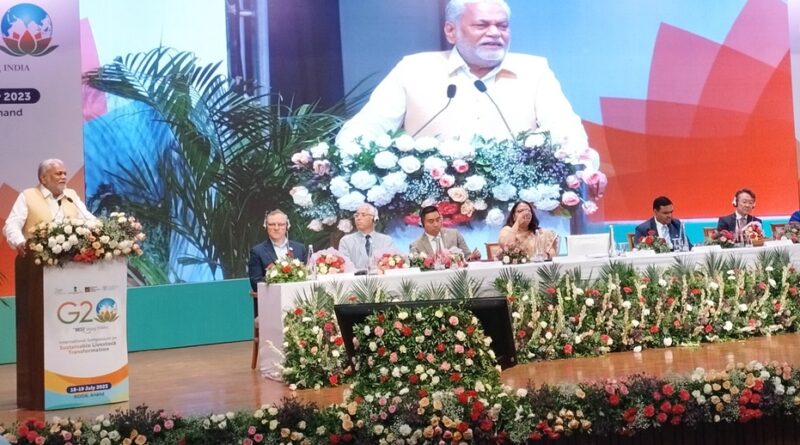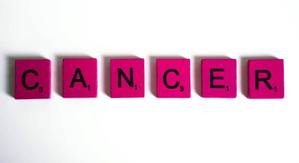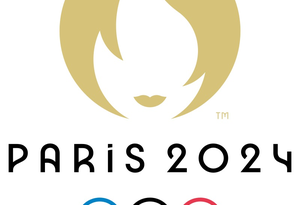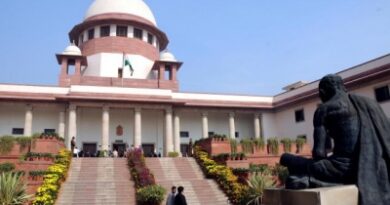Indian Milk Capital hosts International Symposium on Sustainable Livestock Transformation under the Agriculture Working Group (AWG) of G20
BILKULONLINE
Anand, July 18: Parshottam Rupala, Union Minister of Fisheries, Animal Husbandry & Dairying inaugurated an International Symposium on Sustainable Livestock Transformation at NDDB, Anand on Tuesday.
The Department of Animal Husbandry and Dairying (DAHD), Ministry of Fisheries, Animal Husbandry and Dairying, Govt of India; National Dairy Development Board (NDDB); Food and Agriculture Organization of the United Nations have jointly organised this 2-day (18th & 19th July, 2023) Symposium under the Agriculture Working Group (AWG) of G20.
Alka Upadhyaya, Secretary (DAHD), Govt of India; Dr Meenesh Shah, Chairman, NDDB; Dr Abhijit Mitra, Animal Husbandry Commissioner (AHC), Govt of India; Tiensin Thanawat, Director, Animal Production and Health Division, Food and Agriculture Organization of the United Nations (FAO); Ms. Caroline Emond, Director General, International Dairy Federation (IDF); Dr Ailan Li, Assistant Director General, Healthier Population Division, WHO; Dr Hirofumi Kugita, Regional Representative for the Asia & Pacific, World Organisation for Animal Health (WOAH); Takayuki Hagiwara, FAO representative in India; Dr Jamie Jonker, Chief Science Officer, National Milk Producers Federation and other eminent dignitaries graced the occasion. A total of 28 foreign participants from FAO, Kenya Dairy Board, Canada, USA, France, Russia, UK, Australia, Mauritius, Brazil, The Netherlands etc participated.
The Minister commended NDDB for organising the symposium and emphasised the role of technology in the livestock sector. He said that the Symposium deliberations will help disseminate various innovations in livestock sector for sustainable transformation. He applauded the Prime Minister Modi’s developmental initiatives for the animal husbandry and dairy sector since he chose to initiate an independent ministry for the same. Deployment of mobile veterinary units, breed multiplication farms and NADCP are examples of it. Hence, we have allocated funds for cattle vaccination, a year before COVID struck the world. A model app for pandemic preparedness related to animal husbandry.
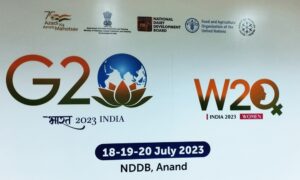
Setting the tone for the symposium, Alka Upadhyaya, Secretary, DAHD said that sustainable transformation in the livestock sector becomes more relevant considering the quantum of farmers and other stakeholders associated with the sector, its role in providing livelihoods & food security and prominence of small holder production systems. The symposium is very aptly curated wherein all topics pertaining to the theme will be deliberated. It is an ideal event for bringing together all potential stakeholders in the global livestock industry in order to create a sector that is more effective, environmentally friendly, and inclusive while also making a greater contribution to the SDGs.
In his welcome address, Dr Meenesh Shah, Chairman, NDDB said that we are looking forward to engaged deliberations amongst experts for making the livestock sector more sustainable and move towards a more efficient, inclusive, resilient and sustainable livestock sector for – ‘Better Production, Better Nutrition, Better Environment and Better Life.’ This symposium will definitely give all of us a good platform to mutually learn from each other, chalk out a strategy and plan to address some of the contemporary challenges that both the developing and developed countries of the world are facing today in the livestock sector, including One Health, climate change and sustainability.
Dr Shah further said that there has been an increasing realization that health of all living systems on this planet are interdependent and disturbing one ecosystem is bound to impact the other. This has been epitomized in the saying “Vasudaiva Kutumbakam” which translates as “the world is one family” or putting it differently it is “One Earth, One Family, One Future” which is the signature theme of India’s G20 Presidency.
Acknowledging that India has been using dairy to contribute to nutrition and health for years, Caroline Emond, Director General, International Dairy Federation (IDF) said that India has been using dairy for livelihoods. We are coming with concrete examples in order to scale up transformation. This sector has lots of opportunities. It is significant to recognise the role of livestock and enhance spending on the sector.
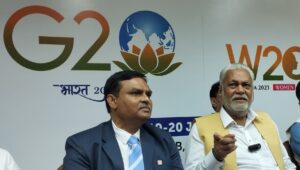
Calling for an urgent need for enhancing collaborations for sustainability in the livestock sector, Dr. Ailan Li, Assistant Director General, Healthier Population Division, WHO mentioned that there’s need for the formation of policy with One Health approach. We have launched a one health joint action plan which serves as a blueprint for prevention of future pandemic and promote sustainable living and livestock transformation.
Dr Hirofumi Kugita, Regional Representative for Asia Pacific, World Organization for Animal Health (WOAH) observed that “it is an excellent opportunity to engage with the dairy industry to share various initiatives in animal husbandry. It is essential for countries to have efficient veterinarians to provide animal health services to respond to health and epidemic. We also need good husbandry practices to control animal diseases”.
Takayuki Hagiwara, the Food and Agricultural Organization of the United Nations (FAO) Representative in India conveyed that livestock is crucial and plays a significant role in rural transformation and economic development, food security and nutrition. World is watching India. It has digital technologies and has a system to solve issues. FAO would like to work with India for SDG goals and India could show an effective path to other countries.
Dr Jamie Jonker, Chief Science Officer, National Milk Producers Federation, USA talked about milk’s significance and livestock’s crucial role in the dairy sector.
While sharing India’s contribution to One Health approach, Dr Abhijit Mitra, Animal Husbandry Commissioner also delivered the vote of thanks. Lipi Goyal anchored the programme efficiently.
